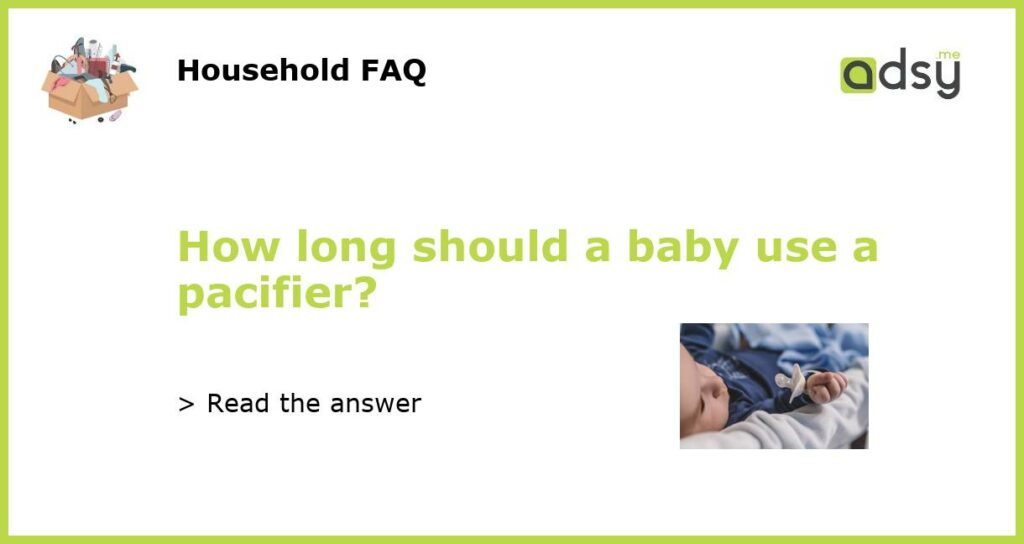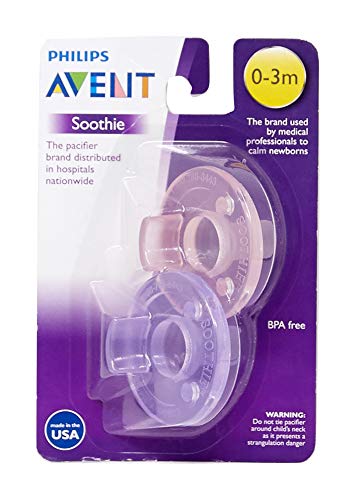Benefits of Pacifiers for Babies
Pacifiers are a popular tool used by many parents to soothe their infants. They provide comfort, reduce crying, and can help with self-soothing. The American Academy of Pediatrics (AAP) even recommends giving infants a pacifier at naptime and bedtime to reduce the risk of Sudden Infant Death Syndrome (SIDS). Using a pacifier can be beneficial for babies in several ways.
One of the main benefits of pacifiers is their ability to provide comfort to infants. Sucking is a natural reflex for babies, and a pacifier can help satisfy this need. Babies find comfort and security in sucking on a pacifier, which can help them feel calm and relaxed. This can be especially helpful during times of stress, such as when they are hungry or tired.
Pacifiers can also help reduce crying in infants. When babies are fussy or upset, sucking on a pacifier can help soothe them and provide a distraction from their discomfort. The act of sucking on a pacifier can be a soothing and calming experience for babies, helping to reduce their overall level of distress. This can be beneficial for both the baby and their parents, as it can help create a more peaceful and relaxed environment.
Furthermore, pacifiers can assist with self-soothing in babies. As they grow and develop, babies learn how to regulate their emotions and calm themselves down. Using a pacifier can be a helpful tool in this process. It teaches babies how to engage in self-soothing behaviors and provides them with a coping mechanism to use when they are feeling anxious or upset.
When to Stop Using a Pacifier
While pacifiers can offer numerous benefits to babies, it is important to consider when it may be appropriate to stop their use. The AAP recommends that parents wean their child from pacifier use between 6 and 12 months of age. This is because prolonged use of pacifiers can have potential negative effects on oral health and speech development.
Continued use of pacifiers can lead to dental problems, such as misaligned teeth or an overbite. According to the AAP, the risk of dental problems increases if pacifiers are still being used after the age of 2. Prolonged pacifier use can also interfere with the natural development of a child’s speech and language skills.
It is important for parents to be mindful of their child’s pacifier use and start the process of weaning at an appropriate age. Slowly reducing the amount of time the child uses the pacifier and offering other forms of comfort can help ease the transition.
Weaning Tips for Pacifiers
Weaning a baby from a pacifier can be a gradual process. Here are some tips to help make the transition easier:
1. Start by limiting pacifier use to specific times, such as naptime or bedtime. This helps reduce the reliance on the pacifier throughout the day.
2. Offer alternative forms of comfort, such as a favorite stuffed animal or blanket, to help soothe the baby without the pacifier.
3. Slowly reduce the amount of time the child uses the pacifier each day. For example, if they typically use it for naps and bedtime, gradually decrease the duration of those periods until the pacifier is no longer needed.
4. Introduce positive reinforcement and praise when the child goes without the pacifier. Celebrate small milestones and provide encouragement to help motivate the child to give up the pacifier.
5. Speak to your child’s pediatrician for additional guidance and support. They can offer personalized advice based on your child’s specific needs and circumstances.
Pacifiers can be a valuable tool for soothing and comforting babies, but it is important to be mindful of when and how to stop their use. The AAP recommends weaning from pacifier use between 6 and 12 months of age to avoid potential negative effects on dental health and speech development. When weaning, it is important to take a gradual approach and offer alternative forms of comfort. By following these tips and consulting with a pediatrician, parents can help their babies transition away from pacifiers in a gentle and successful manner.






